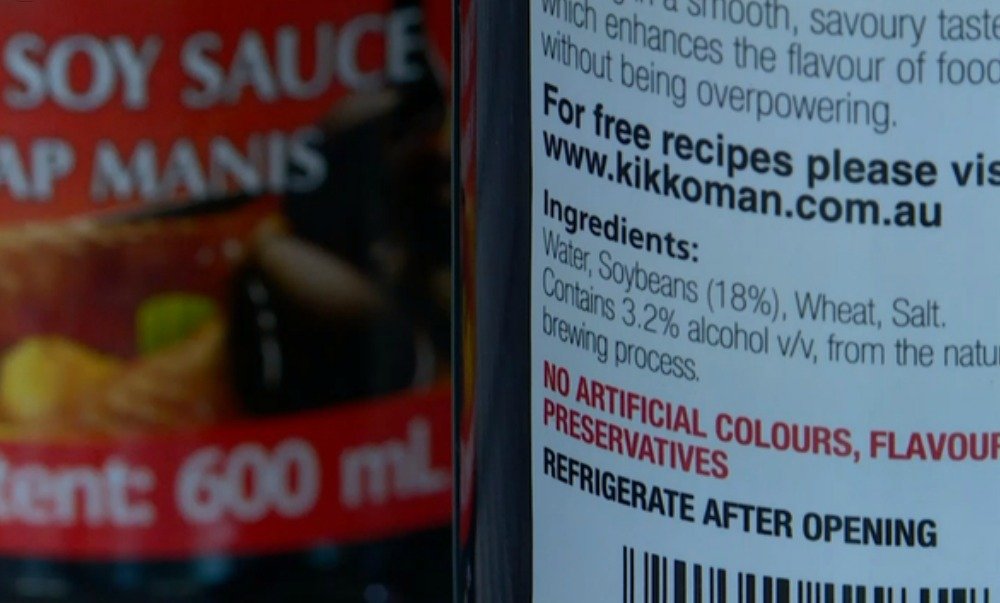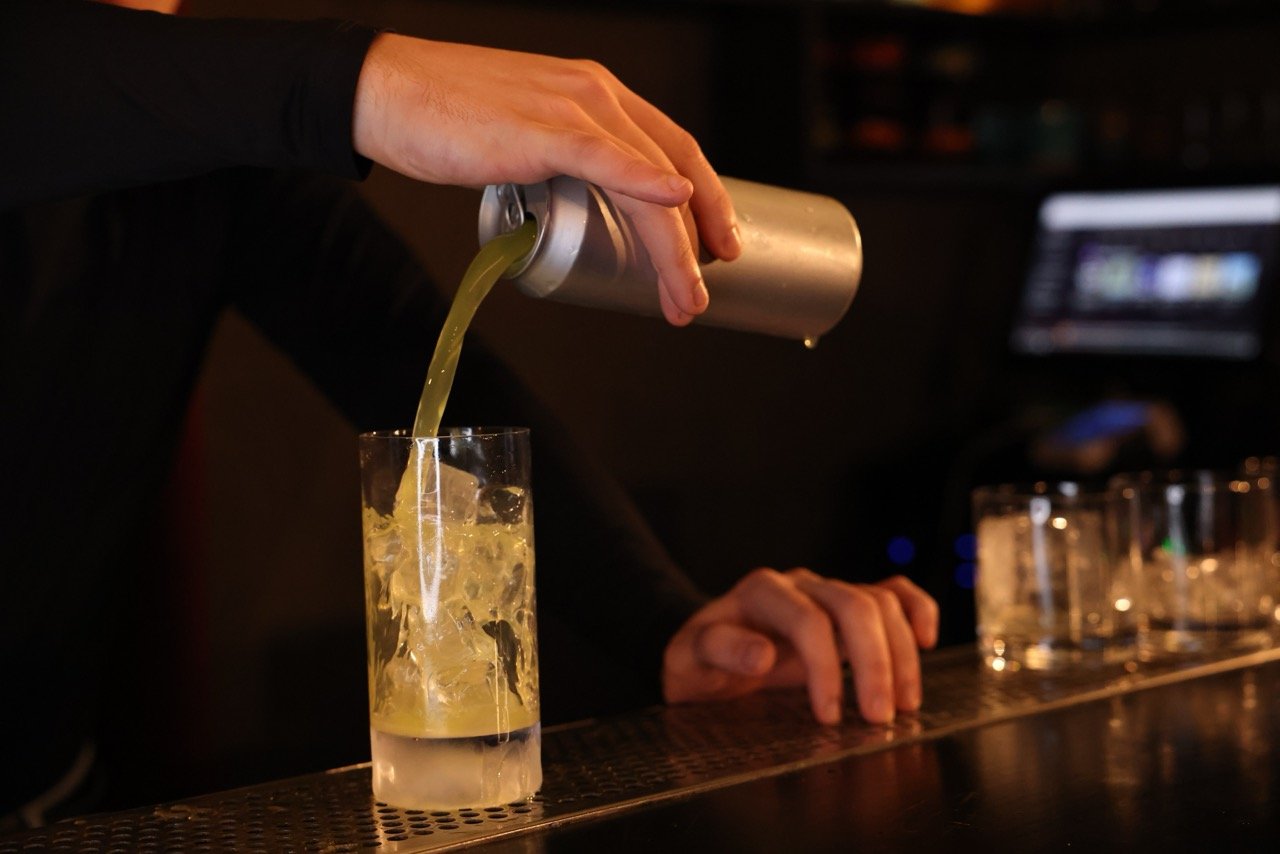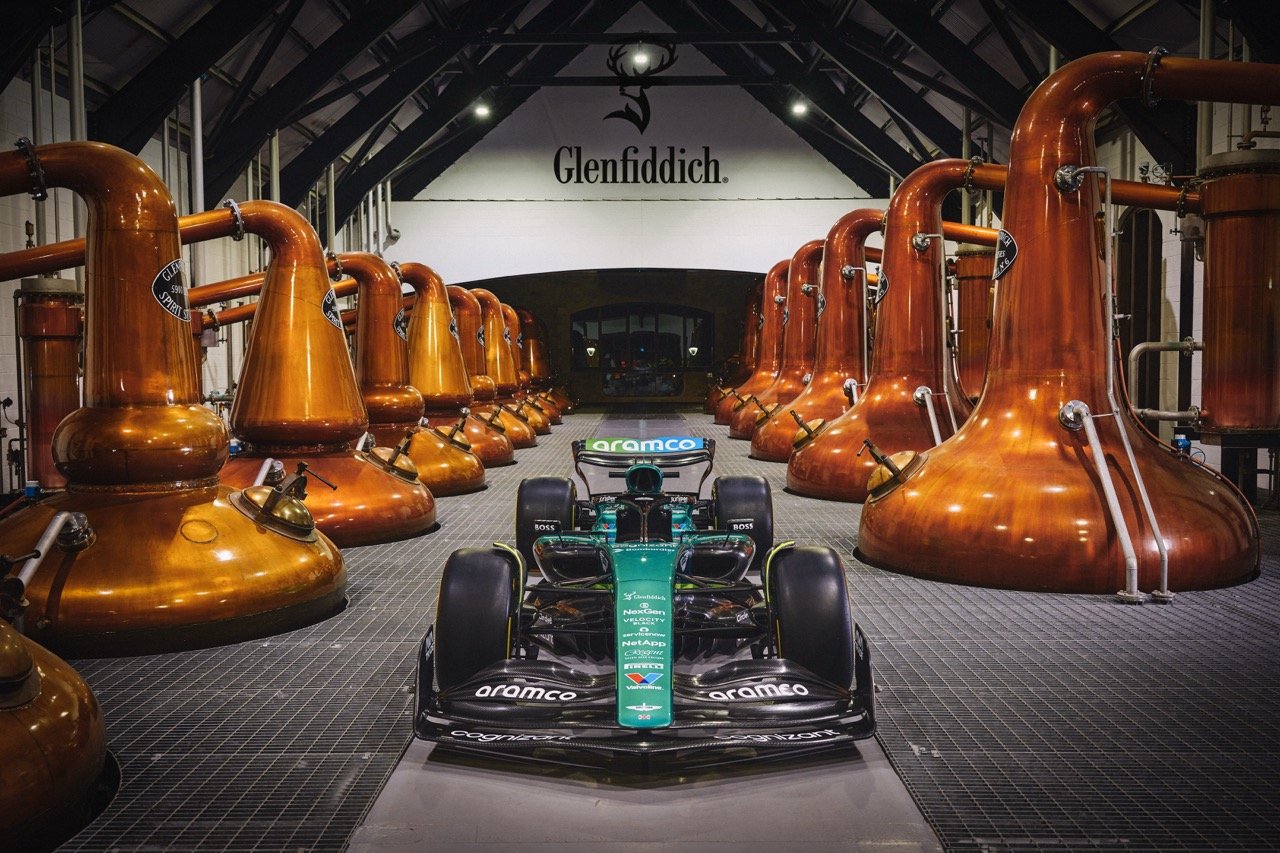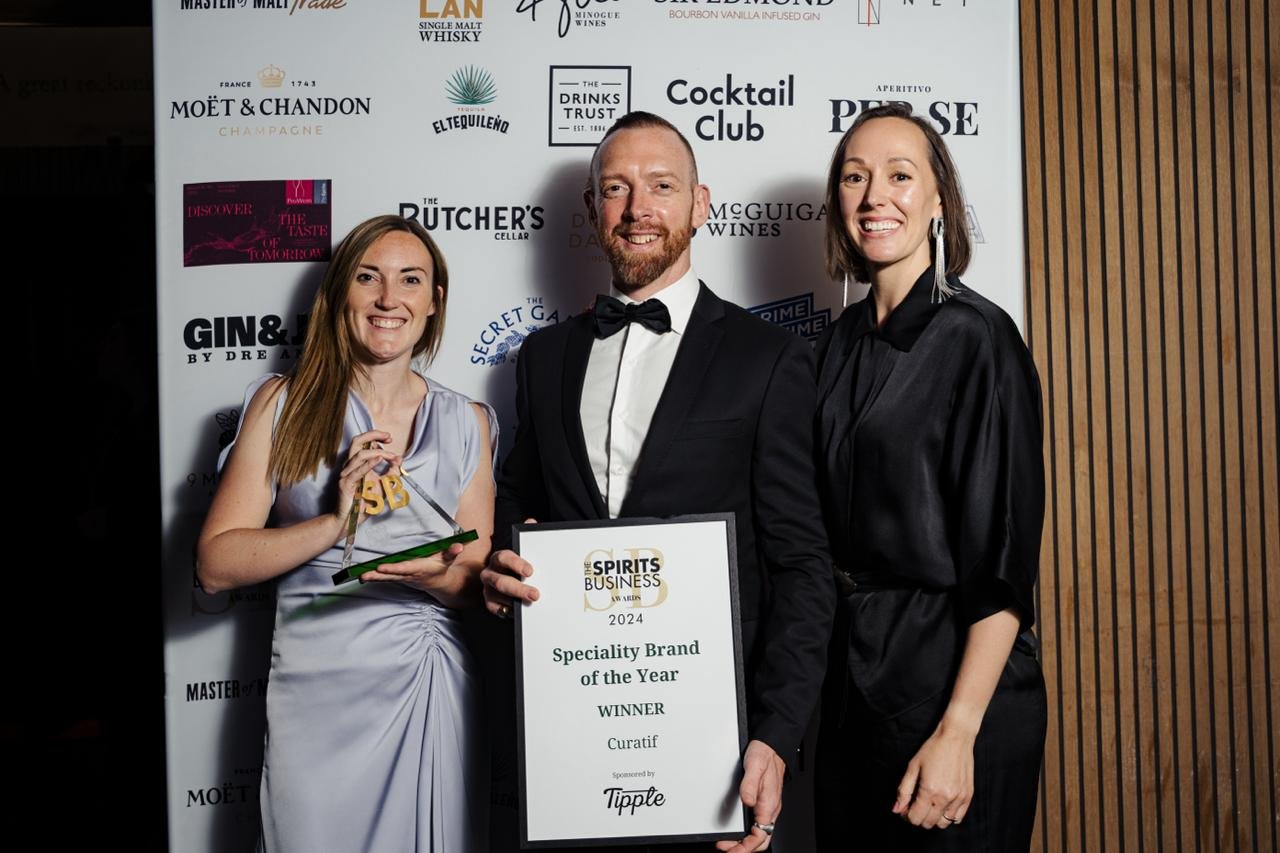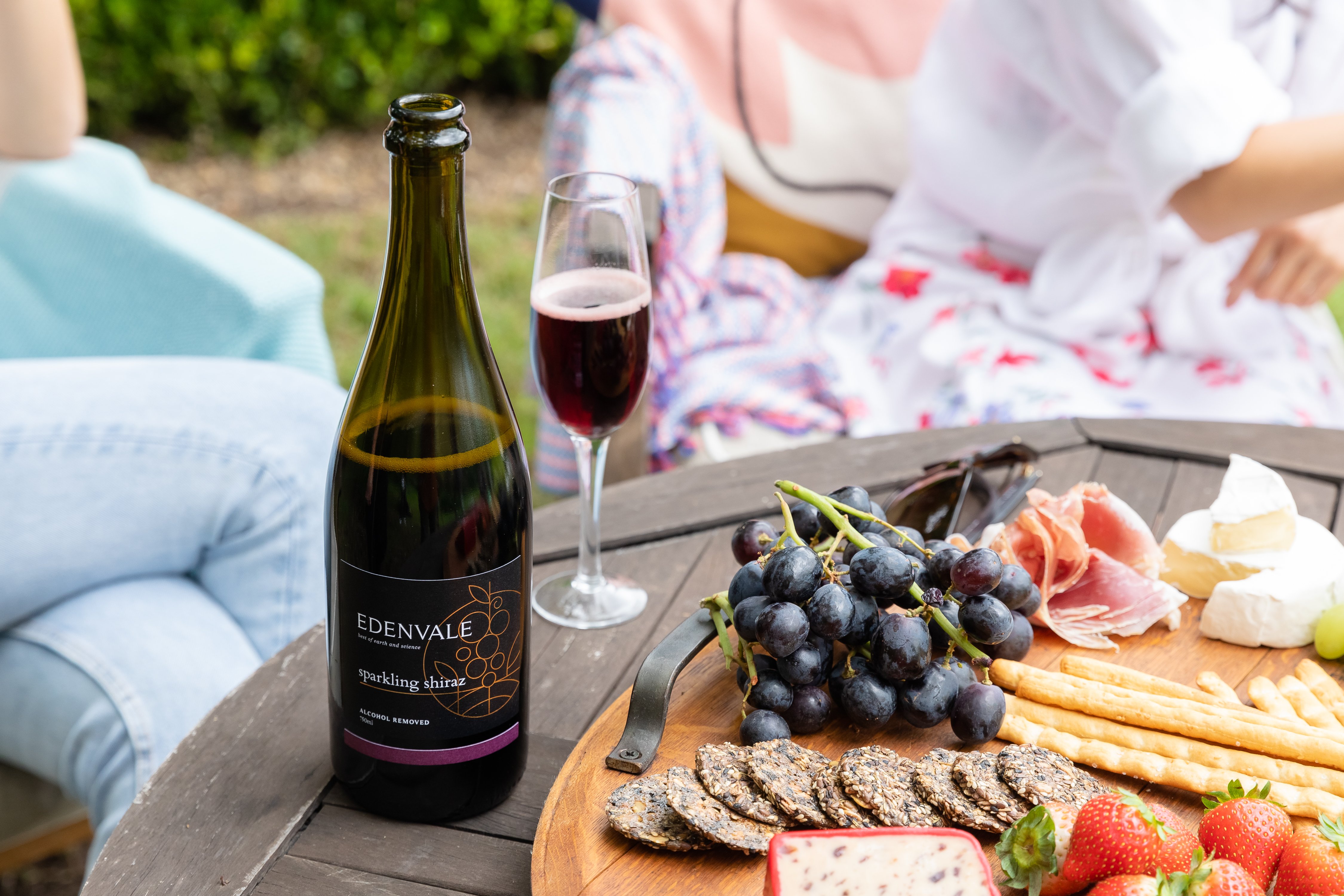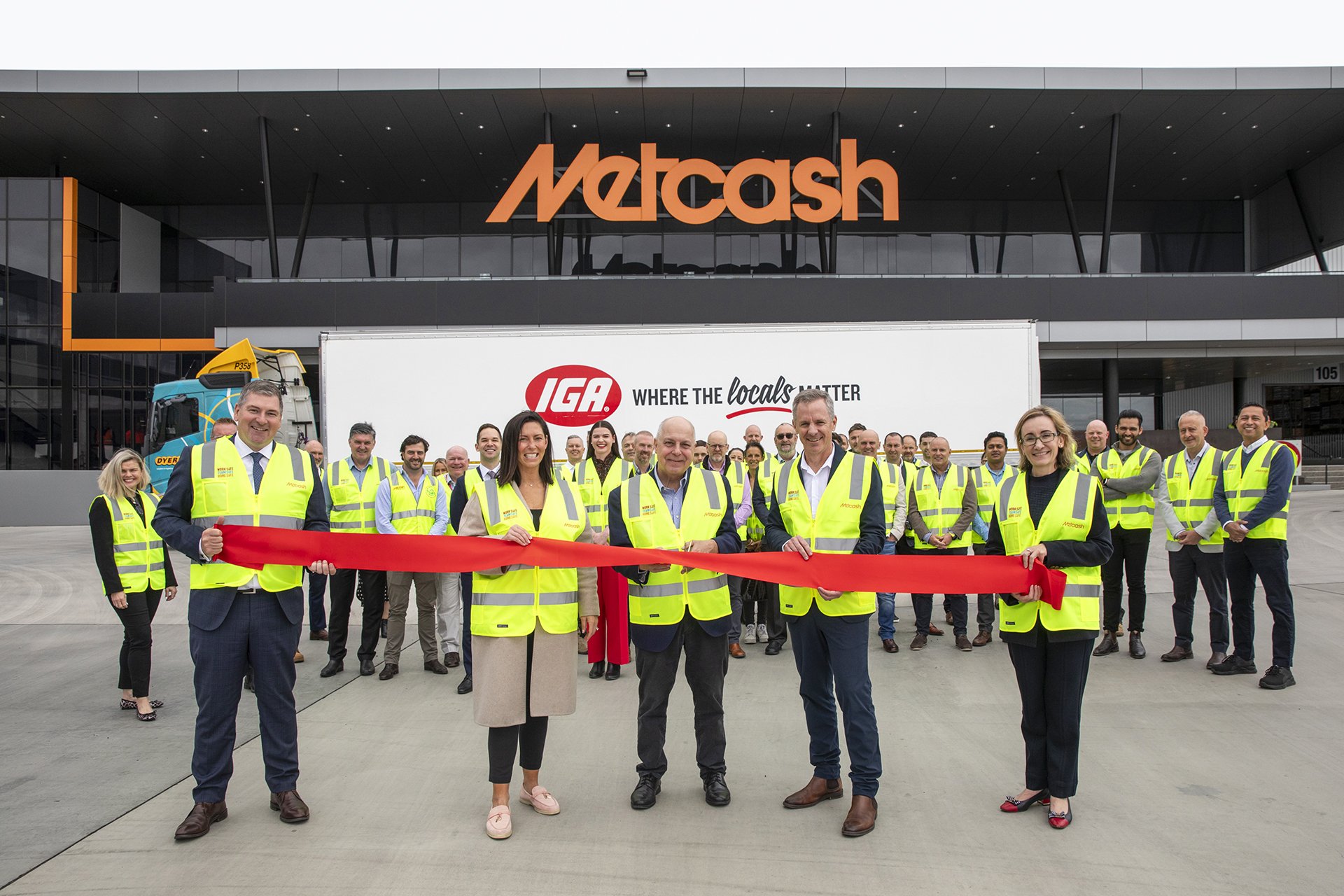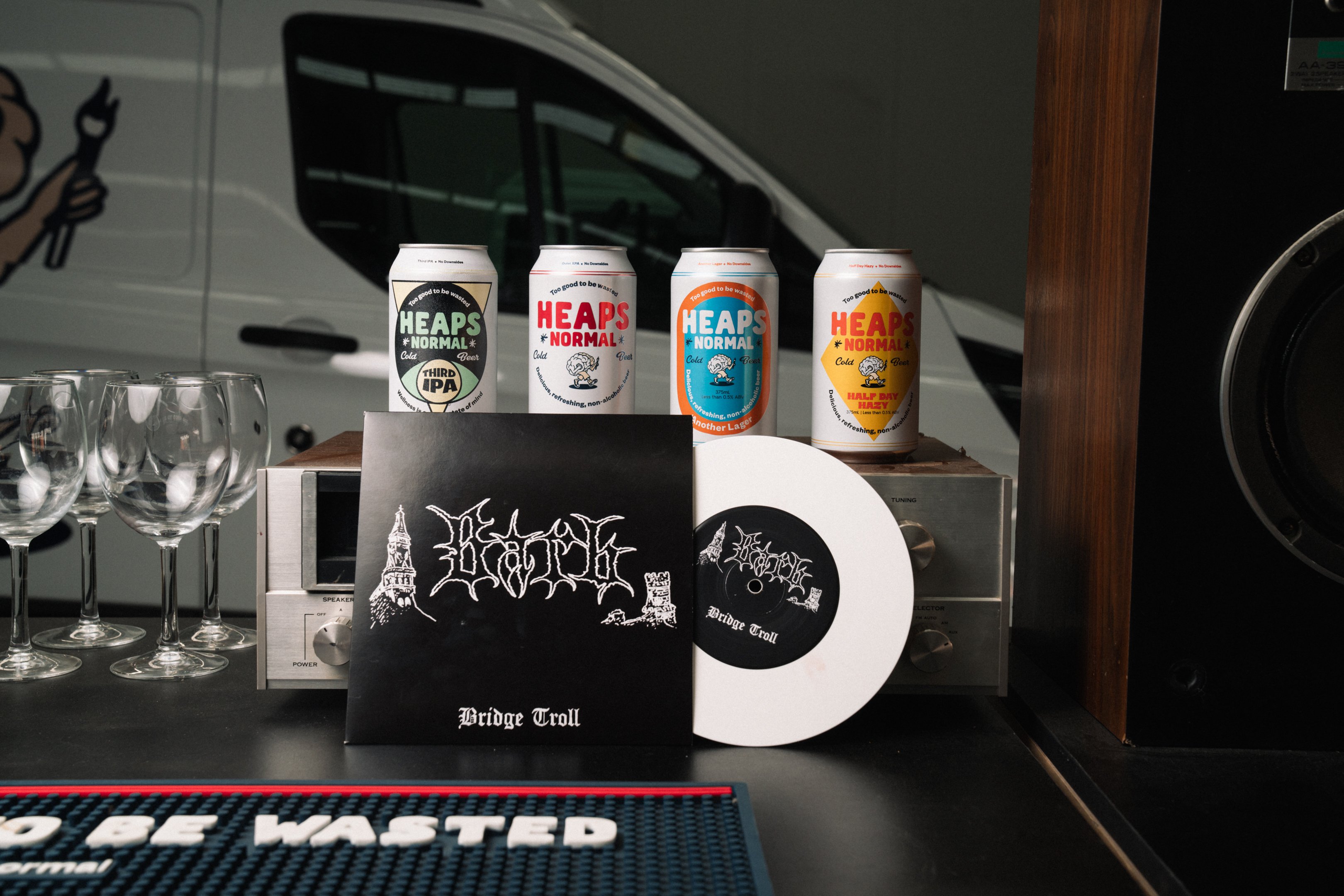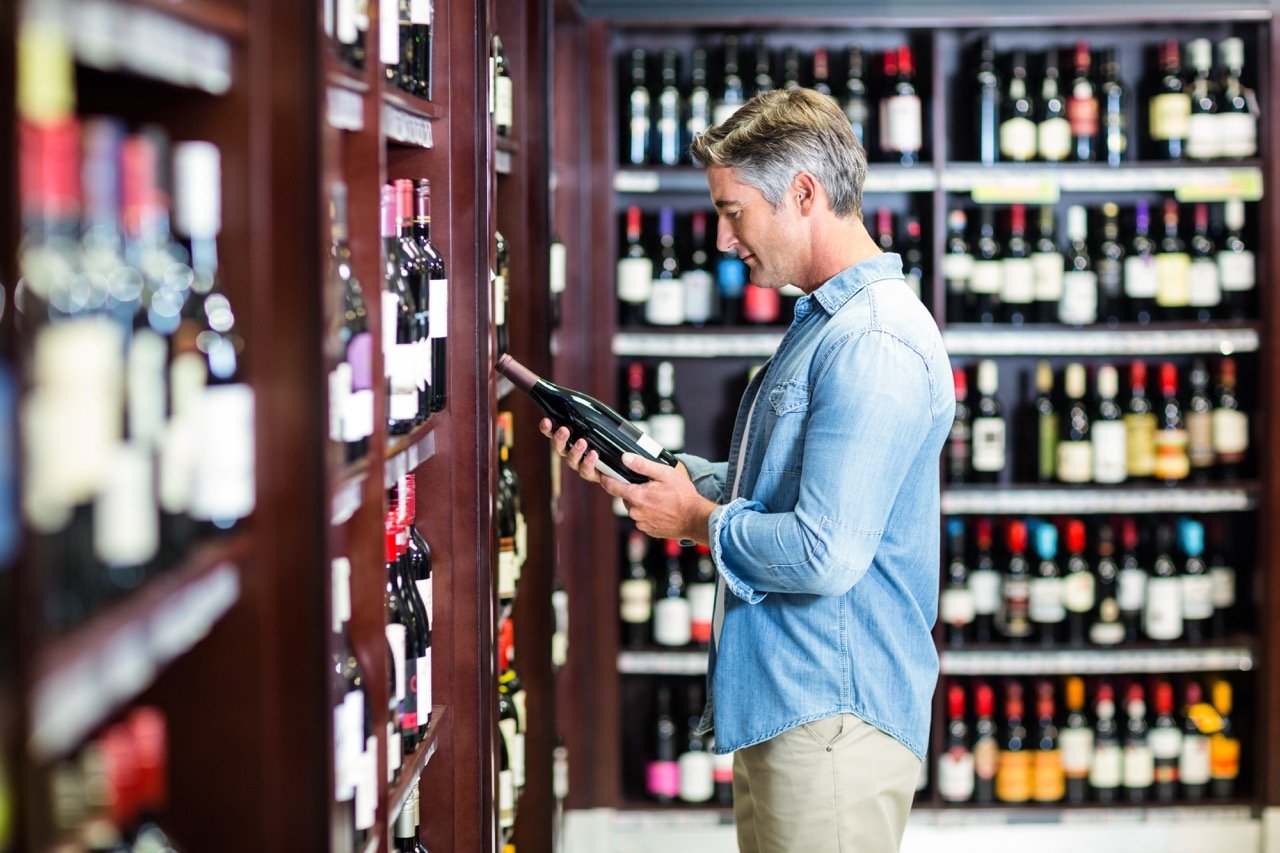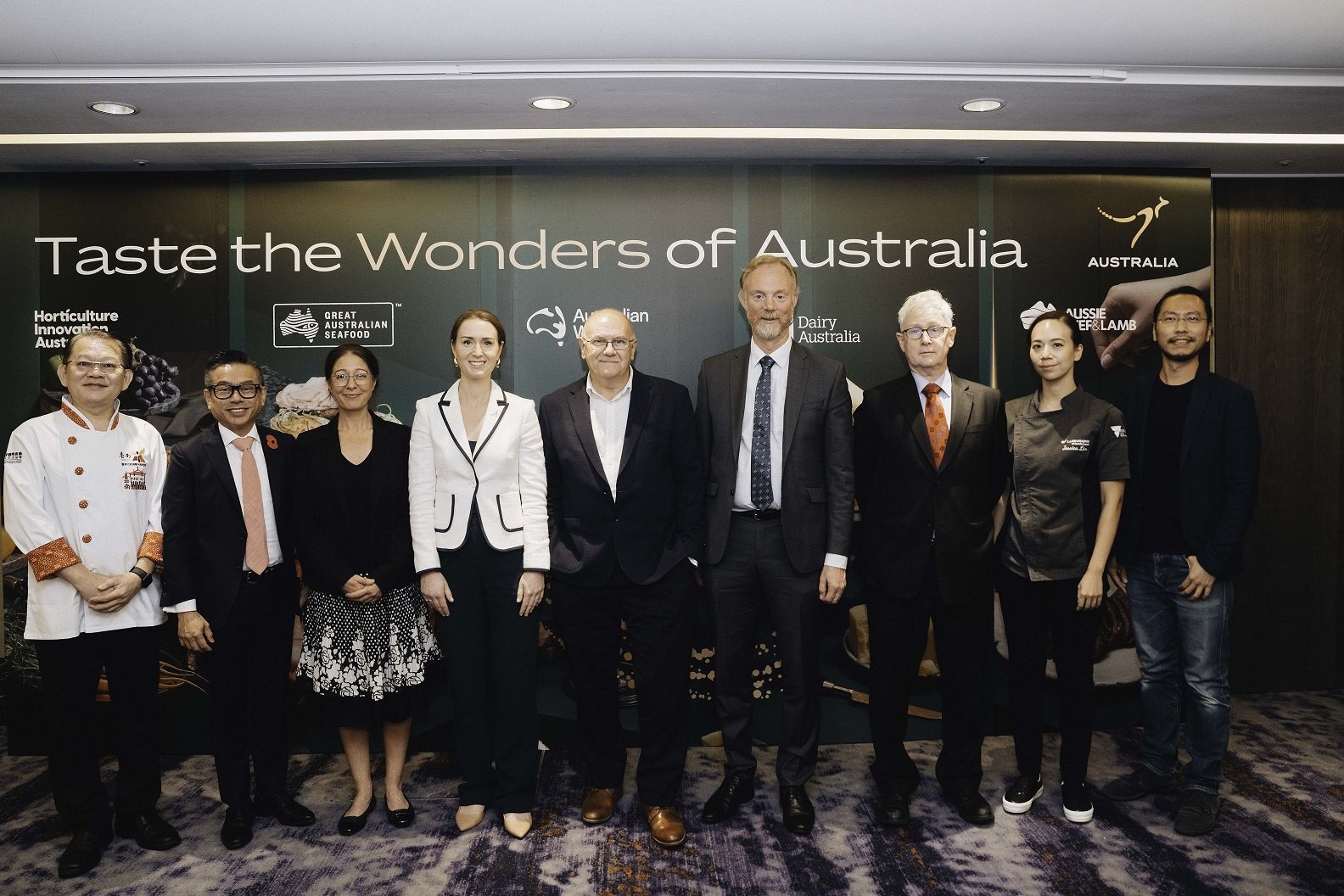Retail Drinks Australia has described a crackdown by the NT liquor regulator on vendors selling everyday household cooking and beauty items containing small amounts of alcohol as "farcical".
The ABC reports that the acting director-general of licensing sent the letter to retailers late last week stating that if a vendor wants to sell any product over 50ml that contains 1.15% ethyl alcohol or more, they require a liquor licence, and if the items are being sold without a licence currently, it is in violation of the NT Liquor Act.
Retail Drinks notes that this includes products such as soy sauce, teriyaki sauces and marinades, cough syrup, mouthwash, nailpolish remover, vanilla essence.
Licencing inspectors are reported to have been visiting a range of stores in Darwin and Alice Springs insisting items be taken off the shelves.
"Affected retailers which include grocery stores, petrol stations and pharmacies, all of which have sold these products for the last 40 years, are now being thrown into chaos with Licensing Inspectors visiting these premises and insisting products be pulled from shelves."

Retail Drinks has a meeting scheduled with the Acting Director-General of Licensing today, with CEO Julie Ryan (above) saying this chaos was completely avoidable.
NT News reports there will also be a "crisis meeting" today "between key soy sauce stakeholders to discuss the condiment’s future in the NT".
Attorney-General Natasha Fyles said: “It is government policy to support soy sauce, that it is not an alcohol beverage. In terms of soy sauce — common sense will prevail.”
Retail Drinks revealed: “This issue first came to light when the Acting Director-General sent correspondence to all licensees on July 4 asserting this new interpretation of the Liquor Act 1978.
“The same correspondence suggested that in 2011 the then Northern Territory Licensing Commission determined that these products could only be sold with a liquor licence, but the reality is that neither then, nor since the start of the Act over 40 years ago, has this ever been enforced.
“We contacted Ms Ozolins’ office and sought an urgent meeting to discuss this issue, and this interpretation which is seemingly at odds with the Chief Minister and Attorney General’s own interpretation as set out in the new Liquor Act 2019 currently before parliament.”
Under the Liquor Act 1978, Liquor is defined as “a beverage that contains more than 1.15% by volume of ethyl alcohol”. This means that the Acting Director-General considers these products as “beverages”. This is in stark contrast to the new Liquor Act, in which these products are defined as “inedible alcohol”.
Ryan said this is the regulator going too far and without considering any of the unintended consequences of these actions.
“The correspondence from NT Licensing alleges that a liquor licence is required to sell everyday items like cough syrup, mouthwash, soy sauce and vanilla essence, just to name a few.
“Taking this logically, she is essentially asserting that every pharmacy, petrol station and supermarket in the Territory is in breach of the current Liquor Act by not having a licence.
“It also means that no one may buy these products, or be supplied them, unless they are over 18 and scanned into the Banned Drinkers Register.
“Does this mean the end of honey soy satay barbeques in the park, teenagers working in food outlets handling these products, and no ability to access any of these products if you are on the Banned Drinkers Register?
“We call on the regulator to furnish the legal advice that supports this interpretation, otherwise this is a very misleading communication to have been distributed.”
Retail Drinks had been working with the Alcohol Review Implementation Team of the Chief Minister’s Office to inform the development of the regulations on inedible alcohol when the new Liquor Act came into effect in a few months’ time.
"It is hoped that NT Licensing will cease their activities and alleged new interpretation, in favour of working collaboratively towards the new regulations to govern these substances," the association noted.
According to the ABC, a Woolworths spokesperson said the company was currently working to comply with requests from regulatory officials.
In 2017, the United Arab Emirates banned the import and circulation of the Japanese Kikkoman soy sauce product and called on consumers to dispose of any they still had, because it contains alcohol.
Share the content
